Overcoming Implementation Challenges: Insights from Our HR Consultants on the UKG Software
Implementing new software is a complex process requiring careful planning, coordination, and a deep understanding of the organization’s needs. When it comes to software like UKG, successful implementation can significantly streamline HR processes and improve overall efficiency. In this blog post, we will delve into the challenges faced during the implementation of UKG Software and the strategies to overcome them.
- Defining Clear Objectives:
One of the crucial steps in implementing UKG is to define clear objectives. Our consultants emphasize the importance of understanding the specific needs and goals of the organization. This involves conducting a thorough analysis of current HR processes, identifying areas that need improvement, and aligning these objectives with the capabilities of the UKG Software. By setting clear and measurable objectives, organizations can better track their progress and ensure a successful implementation. - Communication and Change Management:
Implementing new software often involves a significant change in workflows and processes. Effective communication and change management strategies are essential to overcome resistance and ensure a smooth transition. Our consultants recommend involving key stakeholders from the early stages of implementation, providing comprehensive training and support, and addressing any concerns or misconceptions about the software. Regular communication, workshops, and feedback sessions can help employees embrace the change and understand the benefits of the UKG software. - Data Migration and Integration:
Data migration and integration can pose significant challenges during a UKG implementation. Our team members stress the importance of data accuracy, cleanliness, and compatibility between existing systems and the UKG system. A comprehensive data migration plan should be developed, including data mapping, validation, and cleansing processes. It is advisable to involve IT experts and consultants to ensure a seamless transfer of data and integration with other systems. - Customization and Configuration:
UKG software offers a range of features and modules that can be customized to meet the unique needs of each organization. However, customization requires careful planning and consideration. We recommend conducting a thorough analysis of existing HR processes and workflows to determine which customizations are necessary. It is crucial to strike a balance between customization and standardization to avoid overcomplicating the system and future upgrade challenges. - Ongoing Support and Continuous Improvement:
Successful implementation of UKG software is not a one-time event but an ongoing process. It’s important to provide continuous support to end-users, monitor system performance, and address any issues that may arise. Regular training sessions, user forums, and helpdesk support can help organizations maximize the benefits of the software. Additionally, organizations should embrace a culture of continuous improvement, actively seeking feedback from users and leveraging updates and new features provided by UKG.
Implementing UKG software can transform HR processes, improve efficiency, and enhance overall organizational performance. By addressing challenges through careful planning, effective communication, and ongoing support, organizations can successfully implement UKG products and leverage their full potential. UKG consultants play a vital role in guiding organizations through this process, ensuring a seamless transition, and empowering HR teams to focus on strategic initiatives. If you’d like to leverage our expertise of best practices, get in touch! We’d love to have a conversation with you.




